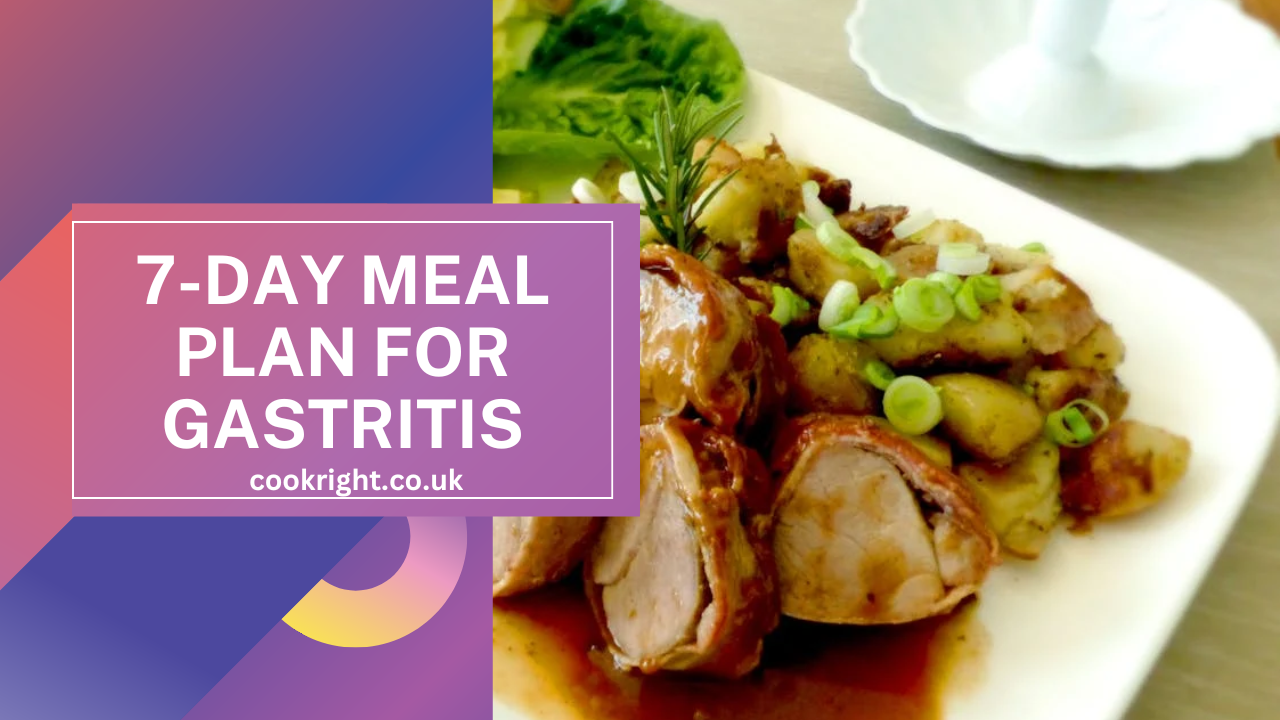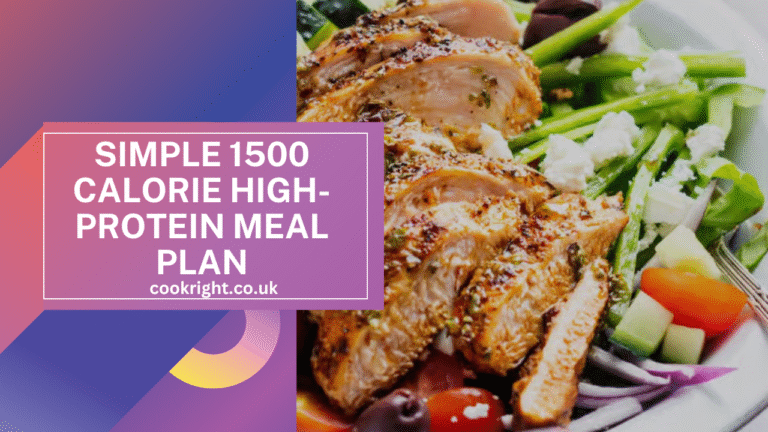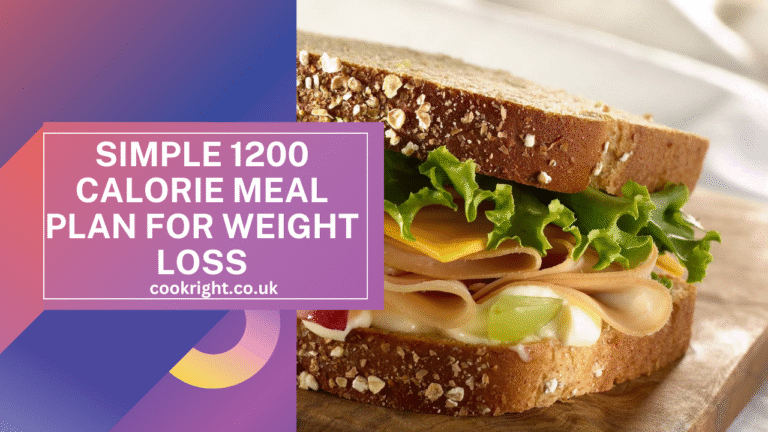Gastritis, an inflammation of the stomach lining, can cause significant discomfort, including nausea, bloating, and a burning sensation in the stomach. Diet plays a crucial role in managing gastritis, as certain foods can exacerbate symptoms, while others can help soothe the digestive tract and promote healing. If you’re looking to manage gastritis through diet, a well-structured meal plan is essential. This 7-day meal plan is designed to be gentle on your stomach while providing balanced nutrition to support your overall health.
Understanding Gastritis and Dietary Needs
Gastritis can be caused by various factors, including infection (like H. pylori), prolonged use of NSAIDs, excessive alcohol consumption, stress, and certain autoimmune conditions. Symptoms often include upper abdominal pain, indigestion, loss of appetite, nausea, and vomiting. The goal of a gastritis-friendly diet is to reduce irritation of the stomach lining, manage symptoms, and support healing.
Key dietary considerations for gastritis:
- Avoid irritants: Spicy foods, acidic foods (like citrus and tomatoes), caffeine, alcohol, and carbonated beverages can worsen symptoms.
- Choose soothing foods: Opt for bland, low-acid foods that are easy to digest, such as oatmeal, bananas, and boiled vegetables.
- Incorporate lean proteins: Chicken, turkey, and fish are good options, as they are easy on the stomach.
- Eat smaller, more frequent meals: This can help reduce the workload on your stomach.
- Stay hydrated: Drink plenty of water and opt for soothing teas like chamomile or ginger.
7-Day Gastritis Meal Plan
This meal plan emphasizes foods that are gentle on the stomach and avoids common irritants. Remember to listen to your body and make adjustments as needed based on how you feel.
Day 1
Breakfast:
- Plain oatmeal made with water or almond milk, topped with a sliced banana and a sprinkle of cinnamon.
- Chamomile tea.
Mid-Morning Snack:
- A small serving of applesauce or a peeled apple (if tolerated).
Lunch:
- Grilled chicken breast with steamed white rice and steamed zucchini.
- A small side salad with cucumber and lettuce, dressed with a little olive oil.
Afternoon Snack:
- Plain Greek yogurt with a small drizzle of honey (if tolerated).
Dinner:
- Baked salmon with steamed carrots and mashed potatoes.
- A cup of warm herbal tea (such as ginger tea).
Day 2
Breakfast:
- Scrambled eggs with spinach, cooked in olive oil.
- A slice of whole-grain toast (if tolerated).
- Peppermint tea.
Mid-Morning Snack:
- A handful of plain crackers or rice cakes.
Lunch:
- Turkey and avocado wrap with a whole-wheat tortilla, lettuce, and a light drizzle of olive oil.
- A side of steamed broccoli.
Afternoon Snack:
- A pear or a cup of melon cubes.
Dinner:
- Baked chicken with quinoa and steamed green beans.
- A small baked sweet potato.
- Chamomile tea.
Day 3
Breakfast:
- A smoothie made with banana, almond milk, and a handful of oats.
- Herbal tea (such as licorice root tea).
Mid-Morning Snack:
- A small serving of cottage cheese with a few soft fruits (like peaches or pears).
Lunch:
- Grilled shrimp with brown rice and steamed asparagus.
- A side salad with lettuce, cucumber, and a light olive oil dressing.
Afternoon Snack:
- Sliced cucumbers with hummus.
Dinner:
- Baked cod with roasted butternut squash and sautéed spinach.
- A warm cup of ginger tea.
Day 4
Breakfast:
- Plain oatmeal with a diced pear and a sprinkle of ground flaxseed.
- Chamomile tea.
Mid-Morning Snack:
- A few plain crackers with a small slice of cheese (if tolerated).
Lunch:
- Grilled chicken salad with lettuce, cucumber, and a light vinaigrette.
- A small serving of boiled potatoes.
Afternoon Snack:
- A banana or a small serving of pineapple (if tolerated).
Dinner:
- Turkey meatballs with steamed green beans and rice.
- A warm cup of peppermint tea.
Day 5
Breakfast:
- Plain rice cereal with almond milk, topped with sliced strawberries.
- Herbal tea (such as fennel tea).
Mid-Morning Snack:
- A peeled apple or applesauce.
Lunch:
- Baked chicken breast with steamed peas and a small serving of quinoa.
- A side of boiled carrots.
Afternoon Snack:
- A handful of blueberries or a small serving of melon.
Dinner:
- Baked tilapia with roasted sweet potatoes and steamed broccoli.
- A warm cup of chamomile tea.
Day 6
Breakfast:
- Scrambled eggs with diced bell peppers and a slice of whole-grain toast (if tolerated).
- Peppermint tea.
Mid-Morning Snack:
- A handful of rice cakes with almond butter.
Lunch:
- Grilled turkey burger (no bun) with a side of steamed green beans.
- A small salad with lettuce and cucumber, dressed with olive oil.
Afternoon Snack:
- A pear or a small serving of soft fruit.
Dinner:
- Baked chicken with steamed rice and sautéed zucchini.
- A warm cup of ginger tea.
Day 7
Breakfast:
- Smoothie made with banana, almond milk, and a handful of spinach.
- Chamomile tea.
Mid-Morning Snack:
- A few plain crackers or a rice cake.
Lunch:
- Baked salmon with mashed potatoes and steamed carrots.
- A side salad with lettuce and a light dressing.
Afternoon Snack:
- Sliced cucumbers with a light yogurt dip.
Dinner:
- Grilled shrimp with quinoa and steamed asparagus.
- A warm cup of peppermint tea.
Tips for Managing Gastritis Through Diet
- Eat Smaller, Frequent Meals: Instead of three large meals, opt for five or six smaller meals throughout the day. This can help reduce the load on your stomach and minimize symptoms.
- Chew Your Food Thoroughly: Chewing your food well aids digestion and helps your stomach break down food more easily.
- Avoid Lying Down Immediately After Eating: Wait at least 2-3 hours before lying down after meals to prevent acid reflux, which can worsen gastritis symptoms.
- Stay Hydrated: Drink plenty of water throughout the day, but avoid drinking large amounts with meals as this can dilute stomach acids and impede digestion.
- Limit Stress: Stress can exacerbate gastritis, so incorporating stress-reducing practices such as meditation, yoga, or deep breathing exercises can be beneficial.
- Monitor Food Tolerances: Everyone’s body reacts differently, so keep track of foods that trigger your symptoms and adjust your diet accordingly.
Final Thoughts
Managing gastritis through diet involves careful selection of foods that are easy on the stomach and avoiding known irritants. This 7-day meal plan provides a foundation to help soothe your digestive system while ensuring you receive adequate nutrition. As always, consult with a healthcare provider or a registered dietitian to tailor the plan to your specific needs and to address any other health concerns you may have. Remember, the journey to healing takes time, so be patient with your body as you make these dietary changes.








